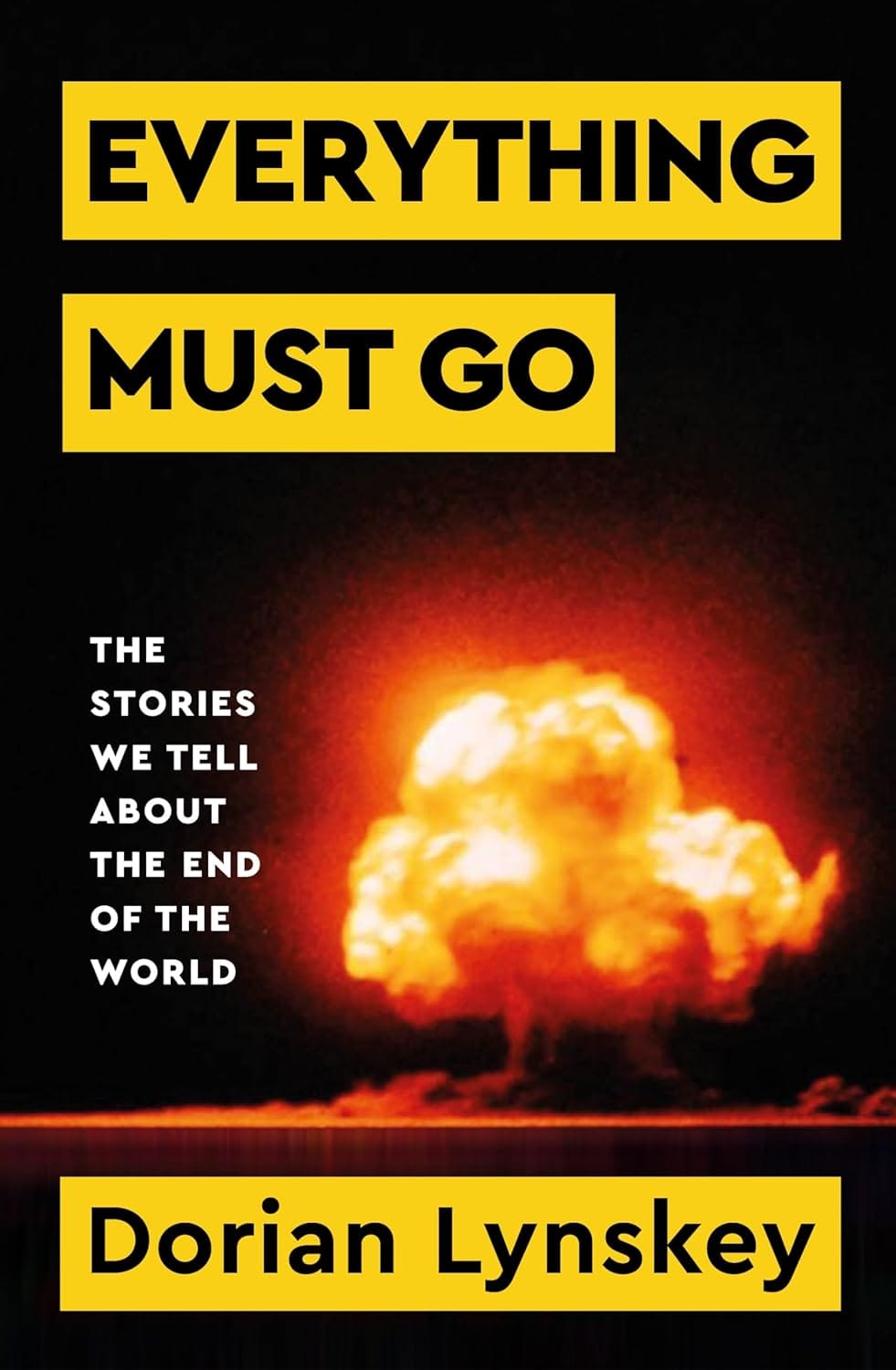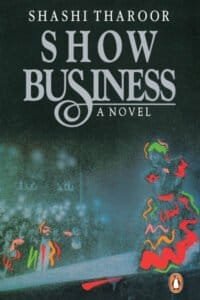For two millennia, Christians have looked forward to the end, haunted by the apocalyptic visions of the Biblical books of Daniel and Revelation. Few now believe that ‘the end of the world is nigh’ in a Biblical sense; in the modern world, these dark religious fantasies have given way to secular stories of how the world, our planet, or our species (or all of the above) might come to an end. Dorian Lynskey’s fascinating new book explores the endings that we have read and watched over the last two centuries, whether they be by the death and destruction of a nuclear holocaust, interplanetary collision, devastating epidemic or takeover by robots. In literature, science fiction and film, such fantasies of doom have been informed by scientific developments from the creation of the atomic bomb to the invention of the computer. As the world emerges from a devastating epidemic and our newspapers are full of stories of wildfires, floods and hurricanes, as we focus on the implications of AI, and the use of nuclear weapons seems more likely than it has for decades, these stories – and what they say about us – seem more relevant than ever. And yet every decade since 1816’s ‘year without a summer’ has seen its own fears. We may expect the end, but so did our parents, grandparents and forebears. The result is nothing less than a cultural history of the modern world, weaving together politics, history, science, high and popular culture in a book that is uniquely original, grippingly readable and deeply illuminating, about both ourselves and our times.
Similar Products
- -27%
- -27%
- -27%
Description
Additional Information
| Weight | 0.66 kg |
|---|---|
| Dimensions | 3.6 × 23.4 cm |
About Author
For two millennia, Christians have looked forward to the end, haunted by the apocalyptic visions of the Biblical books of Daniel and Revelation. Few now believe that ‘the end of the world is nigh’ in a Biblical sense; in the modern world, these dark religious fantasies have given way to secular stories of how the…






 No products in the cart.
No products in the cart.







